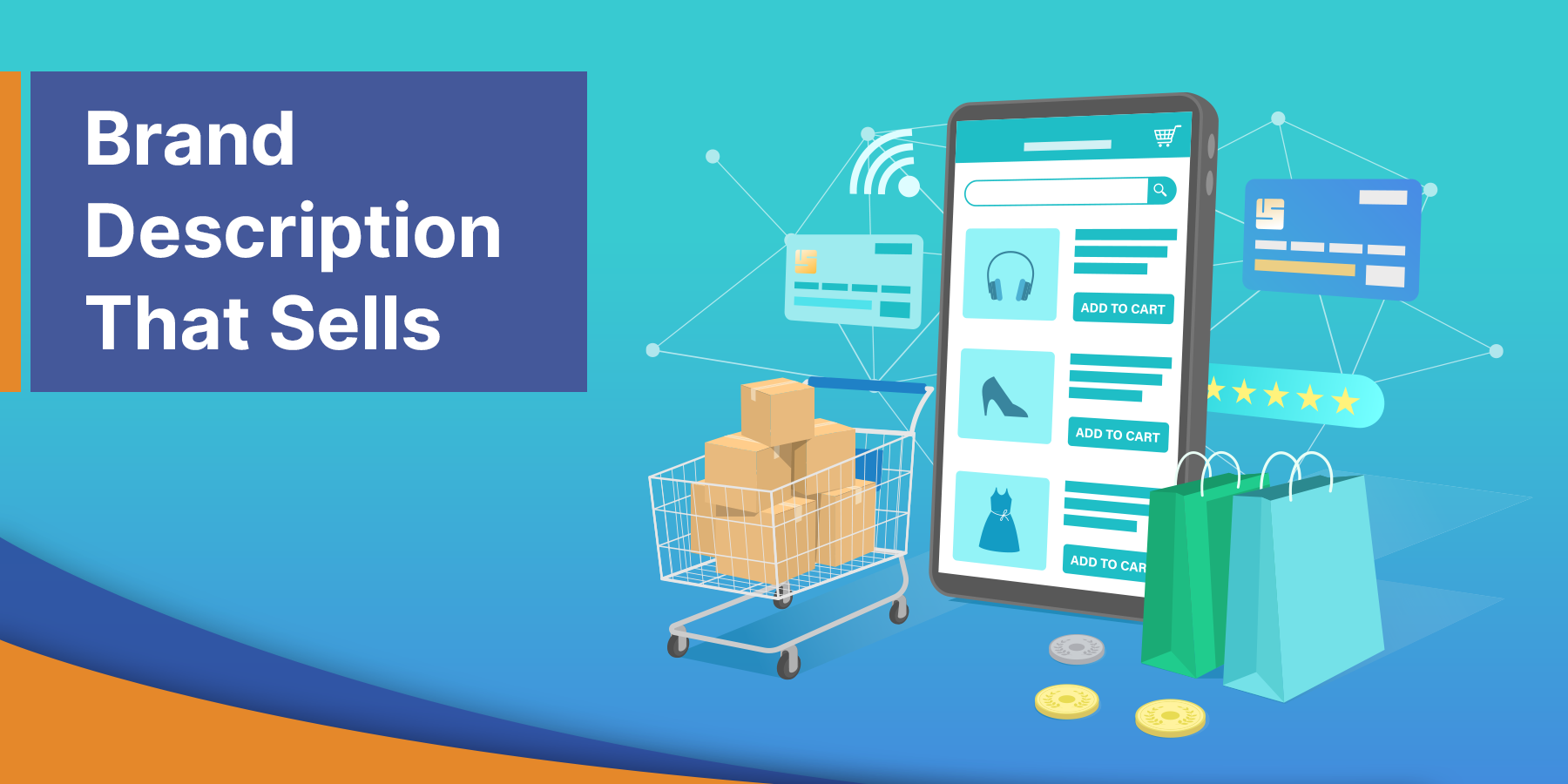
As a business owner looking to expand your online presence, partnering with an ecommerce business solutions provider can be a game-changer. However, one of the most crucial aspects to consider before diving into this partnership is determining how much budget you should allocate for these services.
In this article, I will delve into the factors that influence the cost of full service ecommerce solutions services and provide insights on how to set a realistic budget for your business.
What are Ecommerce Business Solutions?
Ecommerce business solutions encompass a range of services and tools that help businesses establish and manage their online stores. These solutions can include website development, payment processing, inventory management, marketing, and customer support. By leveraging these services, businesses can streamline their operations, reach a wider audience, and increase sales.
Why Partner with an Ecommerce Solutions Provider?
Partnering with a full service ecommerce solutions services provider offers several benefits, including access to expertise, resources, and technology that can enhance your online presence. These providers have the knowledge and experience to help you navigate the complexities of ecommerce, allowing you to focus on growing your business.
 Factors Influencing the Cost of Ecommerce Solutions
Factors Influencing the Cost of Ecommerce Solutions
Several factors can influence the cost of full service ecommerce solutions services, including the scope of services required, the project’s complexity, and the provider’s reputation. Additionally, the level of customization, integration with existing systems, and ongoing support can also impact the overall cost.
Scope of Services
- Website development
- Payment processing
- Inventory management
- Marketing
- Customer support
Complexity of the Project
The complexity of your ecommerce project, such as the number of products, integrations with third-party systems, and customization requirements, can significantly impact the cost. More complex projects may require additional resources and expertise, leading to higher costs.
Reputation of the Provider
Established ecommerce solution providers with a proven track record of delivering successful projects may charge higher fees for their services. However, working with a reputable provider can offer peace of mind and ensure the quality of the deliverables.
 14 Ways to Set a Realistic Budget
14 Ways to Set a Realistic Budget
When determining how much budget to allocate for full service ecommerce solutions services, it is essential to consider your business goals, the scope of services required, and the resources available. Conducting thorough research, obtaining quotes from multiple providers, and negotiating pricing can help you set a realistic budget that aligns with your needs.
1. Business Goals
Identifying your business goals and objectives can help you prioritize the essential services and features for achieving success. Whether you want to increase sales, improve customer experience, or expand into new markets, your budget should reflect these goals.
2. Scope of Services
Determining the scope of services required for your ecommerce project is crucial for setting a realistic budget. Consider the essential features and functionalities for your business, such as mobile responsiveness, SEO optimization, and integration with third-party tools.
3. Resources Available
Evaluating the resources available, including financial resources, internal expertise, and time constraints, can help you determine how much budget you can allocate for full service ecommerce solutions services. It is essential to balance investing in quality services and staying within budget constraints.
4. Benchmark Against Industry Standards
Research what similar businesses in your industry are spending on their ecommerce platforms. This can give you a baseline for what you might expect to spend and help you identify areas where you can optimize your budget to get the best return on investment.
5. Consider the Total Cost of Ownership (TCO)
Beyond the initial setup and development costs, consider the total cost of ownership, which includes ongoing maintenance, platform fees, updates, security measures, and customer support. Estimating these costs upfront can prevent budget overruns in the long run.
6. Plan for Scalability and Future Growth
Your full service ecommerce solution services should meet your current needs and accommodate future growth. Investing in scalable solutions might require a higher initial outlay but can save money and prevent the need for costly platform migrations later.
7. Assess the Cost-Benefit of Custom vs. Off-the-Shelf Solutions
While custom solutions offer tailored functionalities, they can be significantly more expensive than off-the-shelf solutions. Evaluate the cost-benefit of customizing an existing platform versus building a custom solution from scratch based on your specific business needs.
 8. Allocate Budget for Marketing and Customer Acquisition
8. Allocate Budget for Marketing and Customer Acquisition
An ecommerce platform alone won’t generate sales without traffic. Allocate a portion of your budget for marketing and customer acquisition strategies, including SEO, pay-per-click advertising, social media marketing, and email campaigns.
9. Include a Contingency Fund
Unexpected expenses can arise during the development and implementation of full service ecommerce solutions services. Including a contingency fund of 10-20% of your total budget can provide a financial cushion and prevent project delays.
10. Invest in User Experience (UX) and Design
A significant portion of your budget should go towards creating an intuitive and appealing user experience. Investing in professional UX/UI design can improve customer satisfaction, increase conversion rates, and ultimately contribute to a higher return on investment.
11. Evaluate Payment Processing Fees
Different ecommerce platforms and payment gateways have varying fee structures, including transaction fees, monthly fees, and setup fees. Consider these costs when choosing your ecommerce solutions services to ensure they don’t erode your profit margins.
12. Consider Integration Costs
If you’re planning to integrate your ecommerce platform with other systems such as inventory management, CRM, or ERP systems, factor in the costs of these integrations, which can include both initial setup and ongoing fees.
13. Regularly Review and Adjust Your Budget
Ecommerce is a rapidly evolving field. Regularly review your budget in light of new technologies, market trends, and business performance. This will allow you to adjust your spending to areas with the greatest return on investment.
14. Seek Expert Advice
Consulting with ecommerce experts or digital strategy consultants can provide valuable insights into how to allocate your budget effectively. Their expertise can help you avoid common pitfalls and make informed decisions that align with your business goals.
 Conclusion
Conclusion
Partnering with an ecommerce solutions provider can help your business thrive in the competitive online marketplace. By understanding the factors I’ve shared with you that influence the cost of ecommerce support solutions and setting a realistic budget, you can make informed decisions that align with your business goals. Remember to prioritize quality, expertise, and value when selecting a provider like Vserve to ensure the success of your ecommerce project.








